

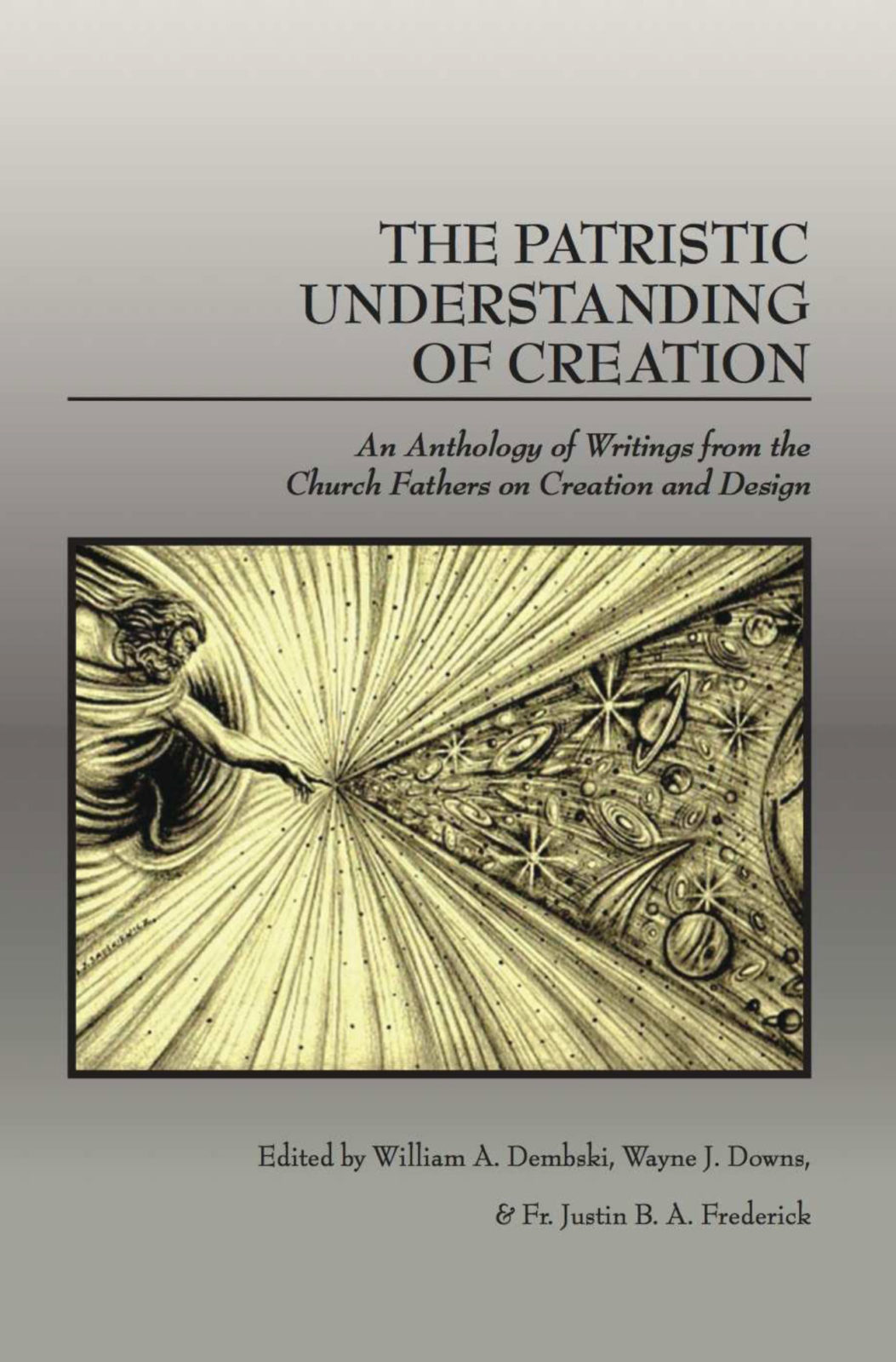
The Patristic Understanding of Creation
The Patristic Understanding of Creation encapsulates what the Church Fathers had to say, in their own words, on the topic of creation. Going back to Roman and Byzantine times, the writings of the Church Fathers are basic to Christian theology and provide a benchmark for how Christians have traditionally understood creation. This understanding of creation, however, faces tremendous challenges in Read More ›
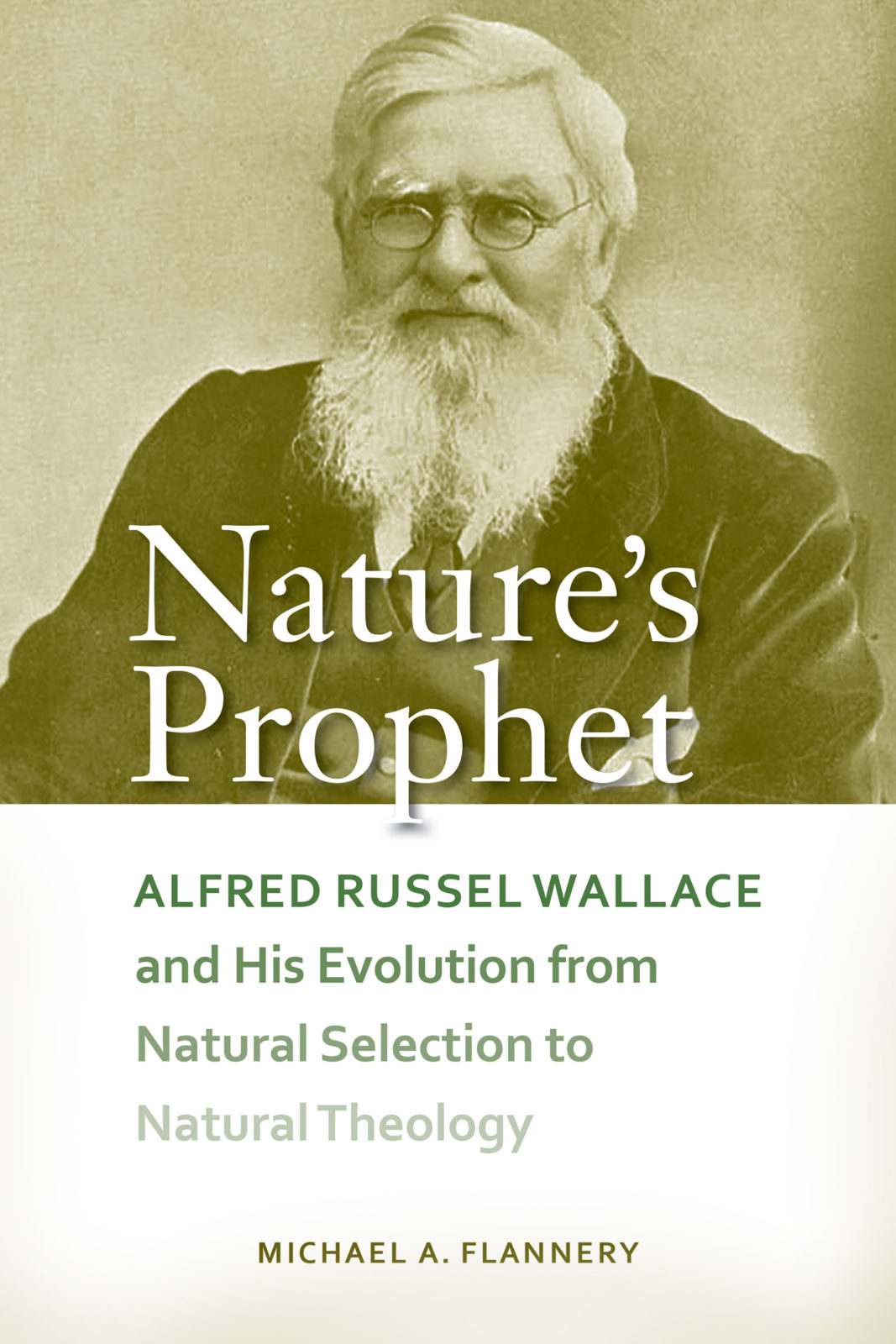
Nature’s Prophet
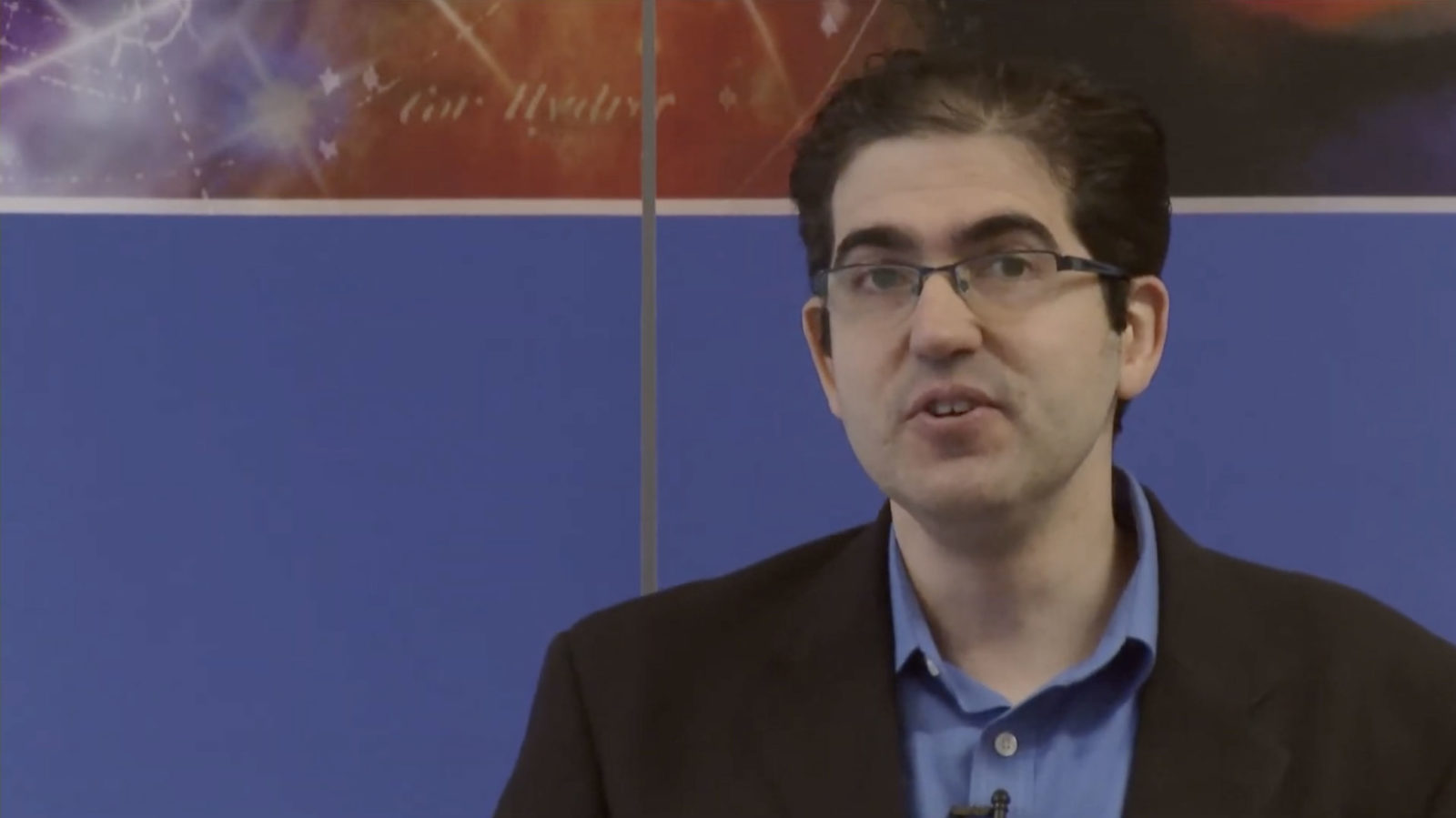
Why Intelligent Design Was Not Over at Dover
Casey Luskin on the background, mistakes, and consequences of Dover v. Kitzmiller.

Darwin’s Dead Idea and the Man Who Helped Kill It
This book contains a fascinating interview between James Barham, general editor of TheBestSchools.org, and mathematician and philosopher William Dembski, one of the pioneers of the modern intelligent design movement. Follow Dembski’s personal journey from his doubts about Western religion as a young man to his training as a mathematician and a philosopher and his rise to prominence as one of Read More ›

The Significance of Phillip Johnson
Phillip Johnson, law professor emeritus of UC Berkeley’s Boalt Hall School of Law, is widely recognized as the godfather of the contemporary intelligent design (ID) movement. As the author of several books and numerous articles explaining scientific, legal, and cultural dimension of the debate over ID and Darwinism, Johnson was one of the most prolific authors in the formative years of the movement. It was Read More ›

The Cell Declares His Handiwork
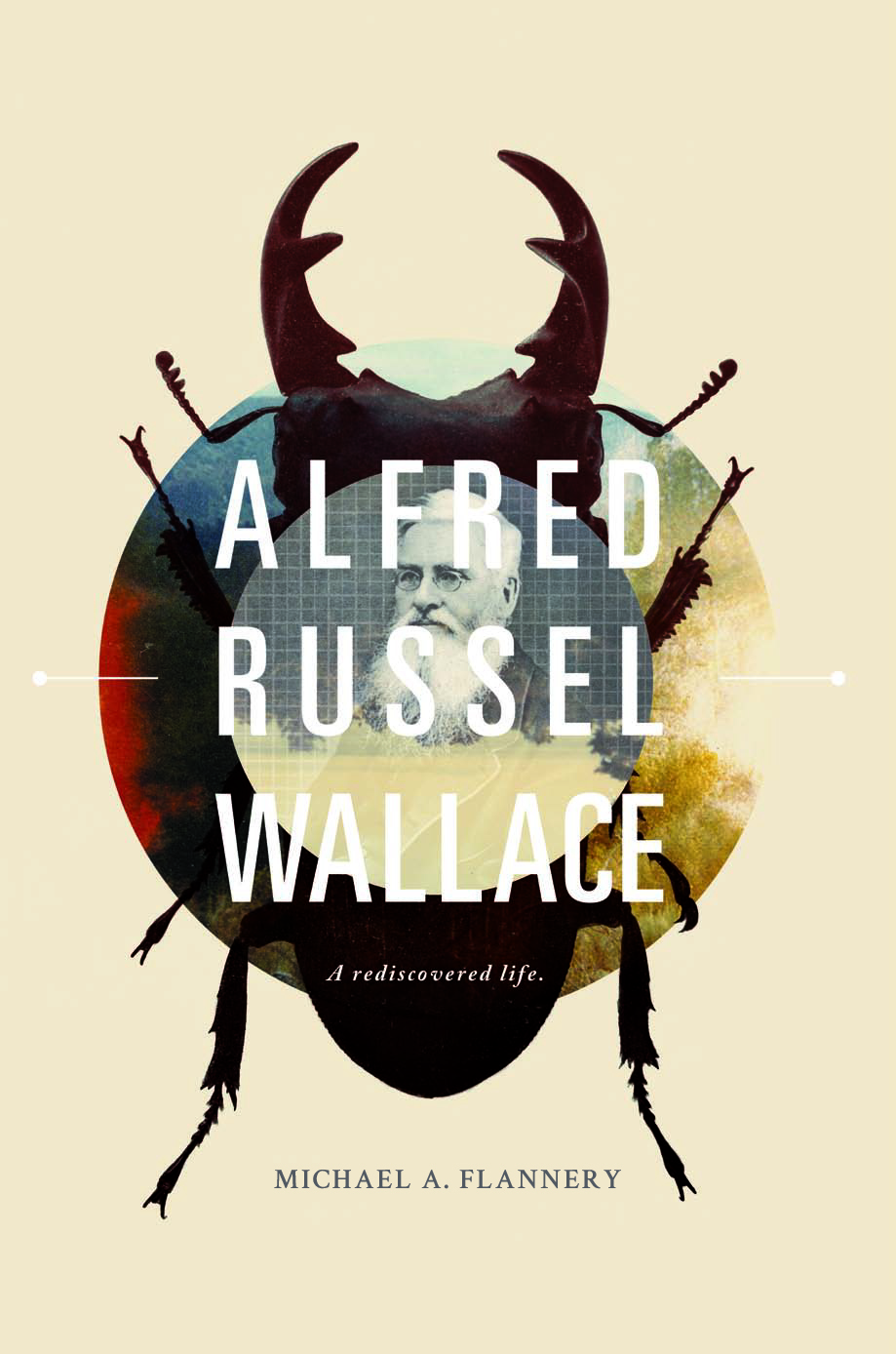
Alfred Russel Wallace
For years Alfred Russel Wallace was little more than an obscure adjunct to Charles Darwin’s theory of evolution. Remembered only for prompting Darwin to write On the Origin of Species by sending Darwin his own letter proposing a theory of natural selection, Wallace was rightly dubbed by one biographer “the forgotten naturalist.” A decade of recent interest in Wallace has Read More ›

Sauce for the Goose
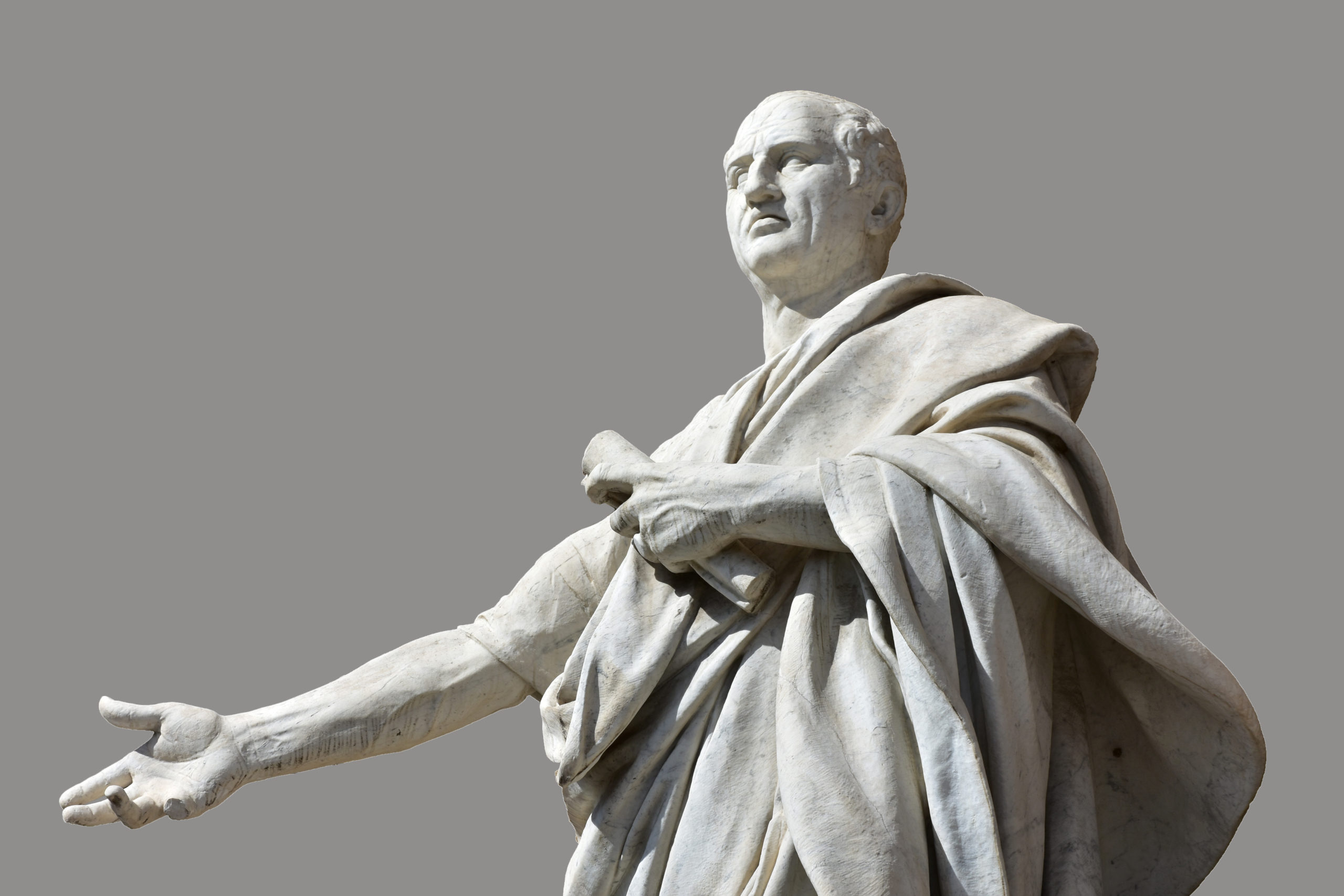
Cicero on Intelligent Design
Stoicism was a philosophy that was founded in Athens in 300 BC and became popular in the Roman Empire among such leaders as Seneca and Marcus Aurelius. In these selections from Cicero’s On the Nature of the Gods (45 BC), Cicero outlines the basic Stoic argument about design in nature. The selections come from Book II, chapters XXXVII, XLIV, and XLVII. Who Read More ›